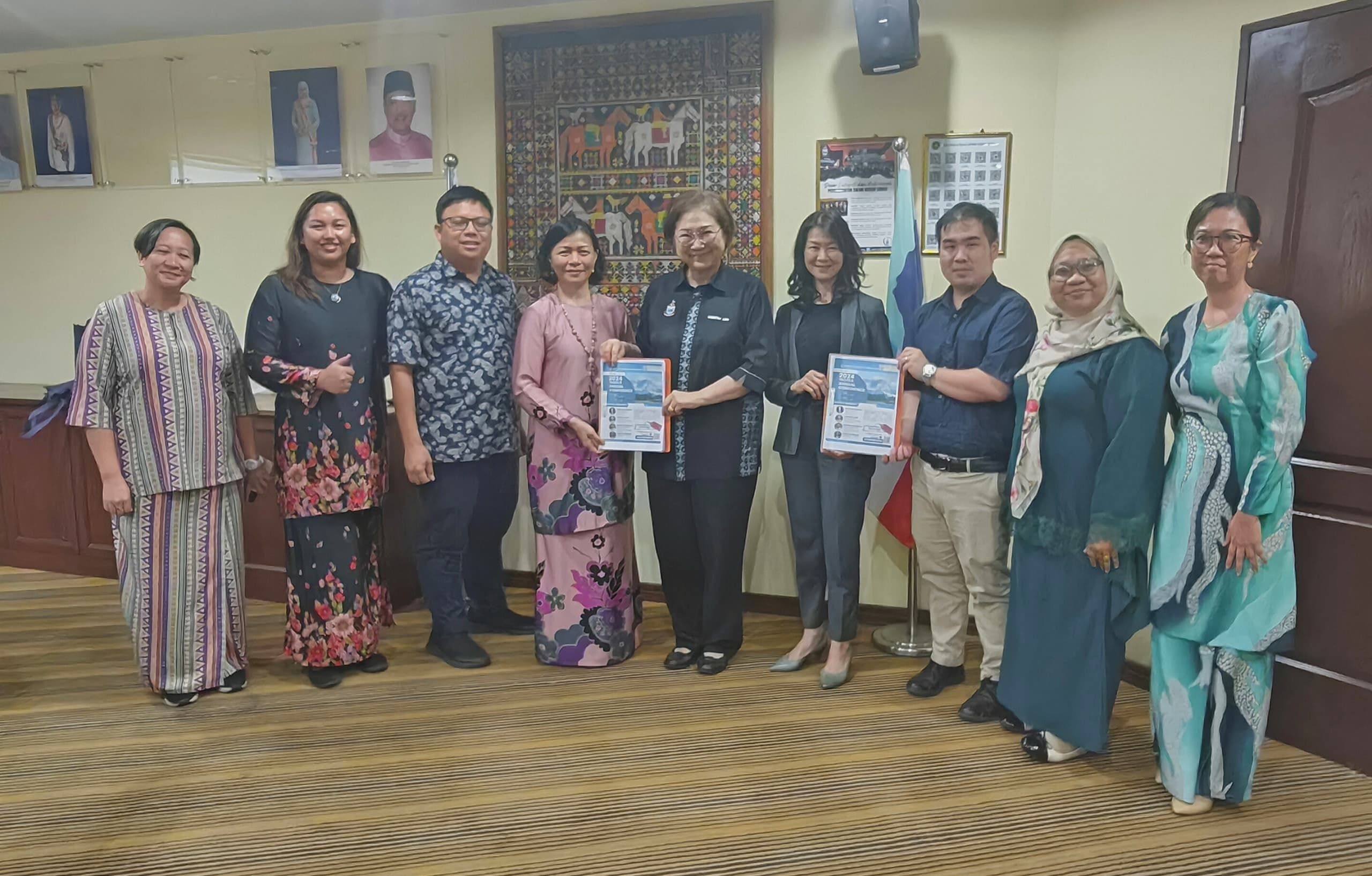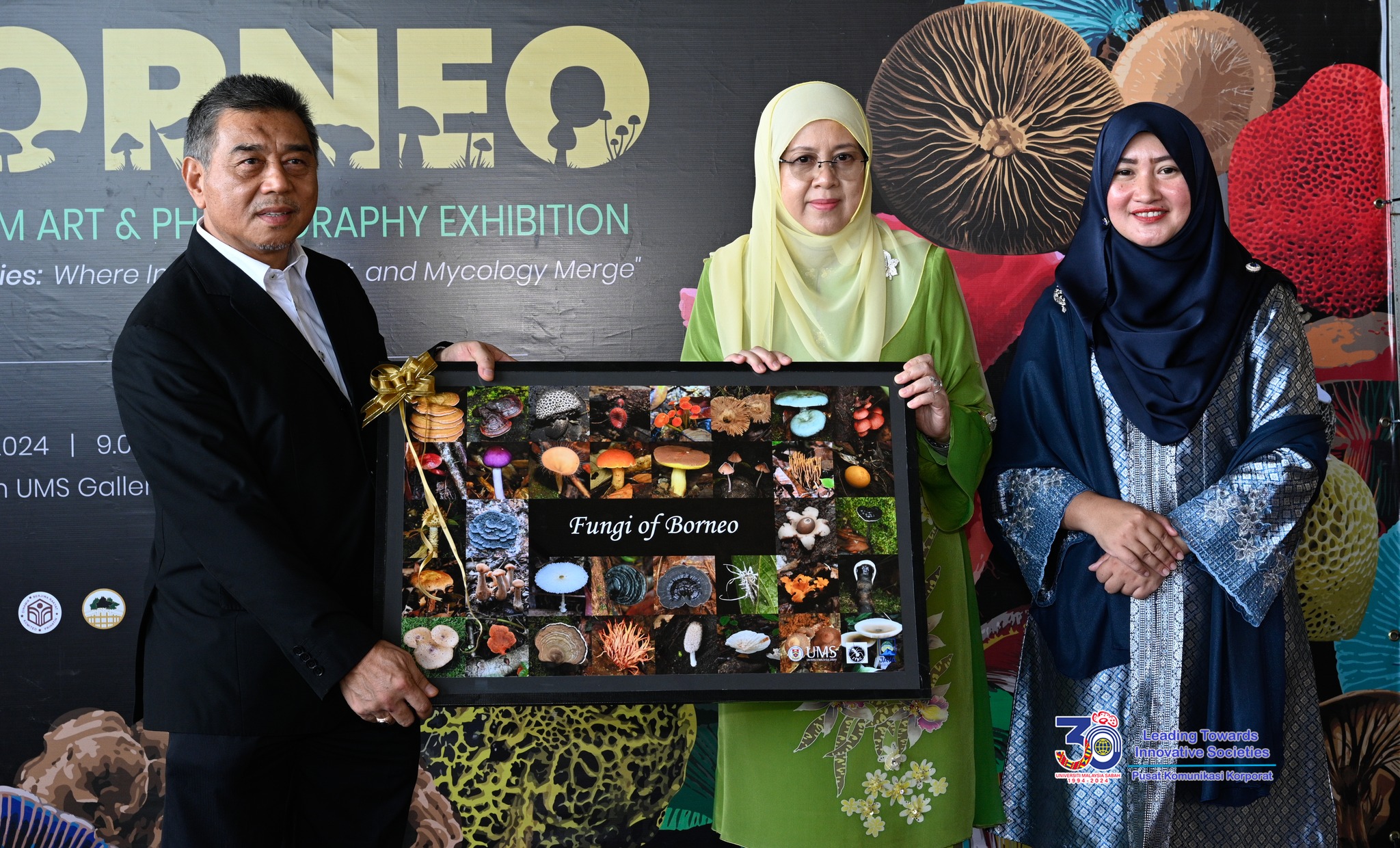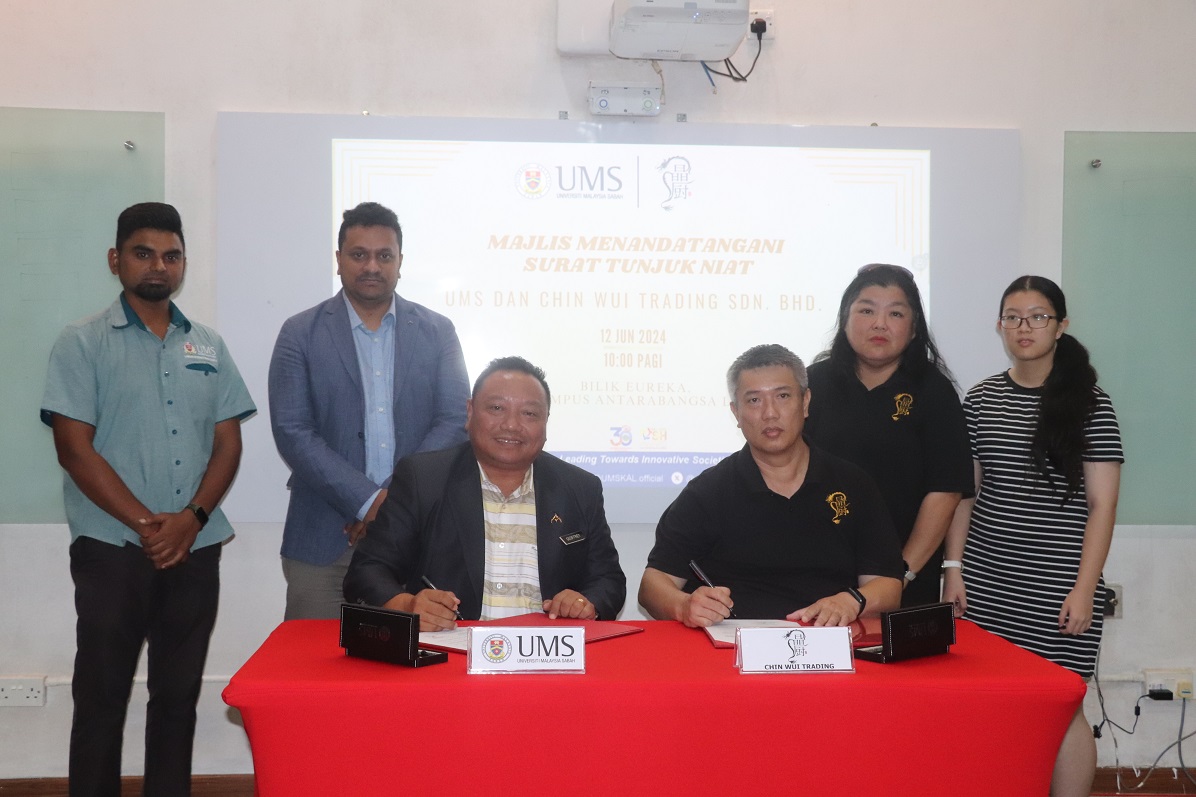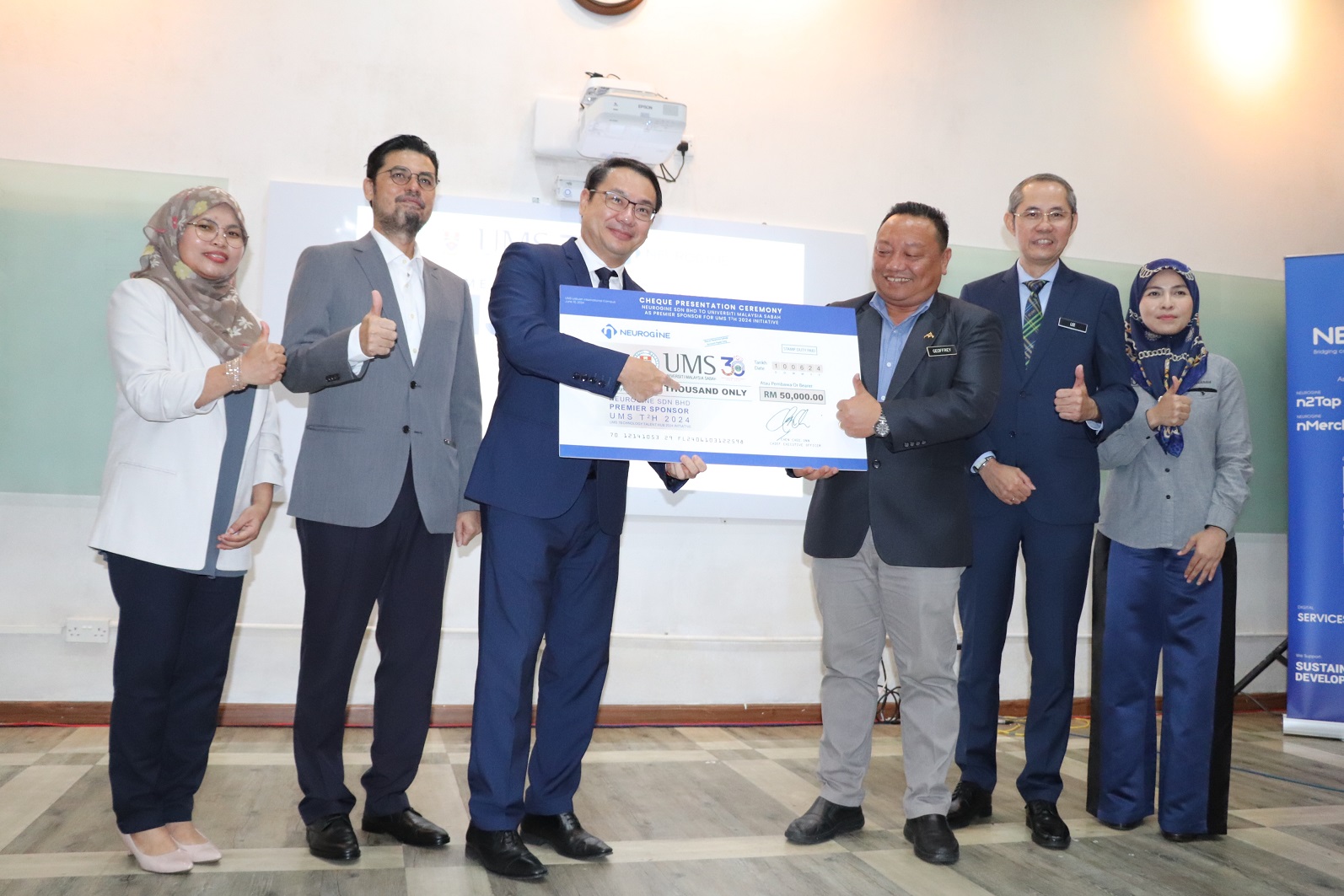
Aware of various challenges faced by graduate students upon entering career world, Career and Student Entrepreneurship Development Centre (PKPKP) Universiti Malaysia Sabah (UMS) organised SME Bank Career Day programme @UMS.
According to the Director of PKPKP, Associate Professor Ts. Dr. Sidah Idris, the programme offers room and exposure for students about diverse job opportunities as well as identifying interest and skills related to banking.
Sidah said other than that, the programme also aims to help and guide students in terms of planning their career path based on their own aspirations and potential.
“This programme assists students to understand the needs of industry and building useful professional networks.
“In collaboration with SME Bank, this programme exposed in detail about industrial training programme and Graduate Talent offered by SME Bank.
“I believe this programme will give great benefit to students in the preparation of themselves upon entering the career world with more confidence and well-equipped,” she said.
In the programme, a total of 60 students coming from various academic programmes joined the programme which also provides resume preparing workshops as well as interactive oriented activities.
“I hope that all participants get to make the most of the opportunities available today. Use each session as a platform for acquiring knowledge, asking questions, and build networking that will help in your career path later,” Sidah adds.



 Universiti Malaysia Sabah (UMS) and the Sabah State Tourism Board, under the supervision of International Society for Quality-of- Life Studies (ISQOLS) will be organising the 22nd ISQOLS Annual Conference 2024 on 25th to 28th June 2024, at Sabah International Convention Centre (SICC).
Universiti Malaysia Sabah (UMS) and the Sabah State Tourism Board, under the supervision of International Society for Quality-of- Life Studies (ISQOLS) will be organising the 22nd ISQOLS Annual Conference 2024 on 25th to 28th June 2024, at Sabah International Convention Centre (SICC). Universiti Malaysia Sabah (UMS) is holding an exhibition to highlight the results of mushroom research in Sabah.
Universiti Malaysia Sabah (UMS) is holding an exhibition to highlight the results of mushroom research in Sabah. Universiti Malaysia Sabah (UMS), via its Labuan Faculty of International Finance, has inked a letter of intent with Chin Wui Trading to work together to support and boost sales of local small businesses through innovative digital marketing.
Universiti Malaysia Sabah (UMS), via its Labuan Faculty of International Finance, has inked a letter of intent with Chin Wui Trading to work together to support and boost sales of local small businesses through innovative digital marketing. 